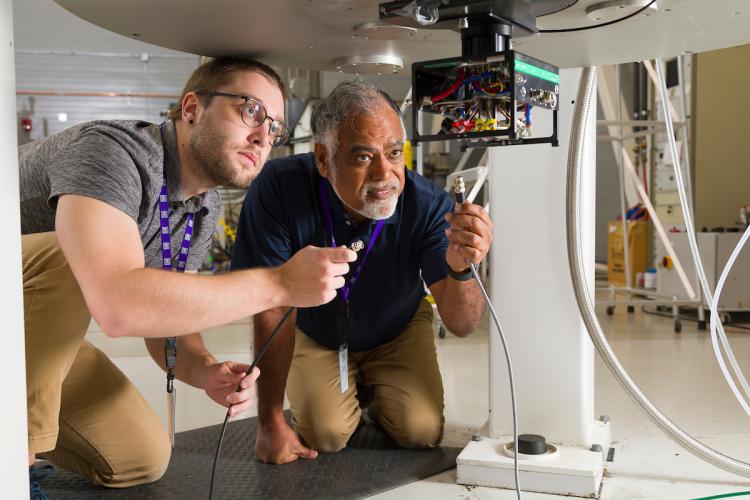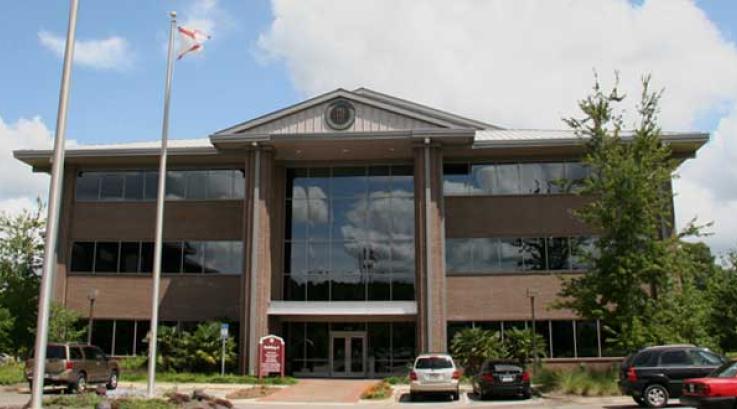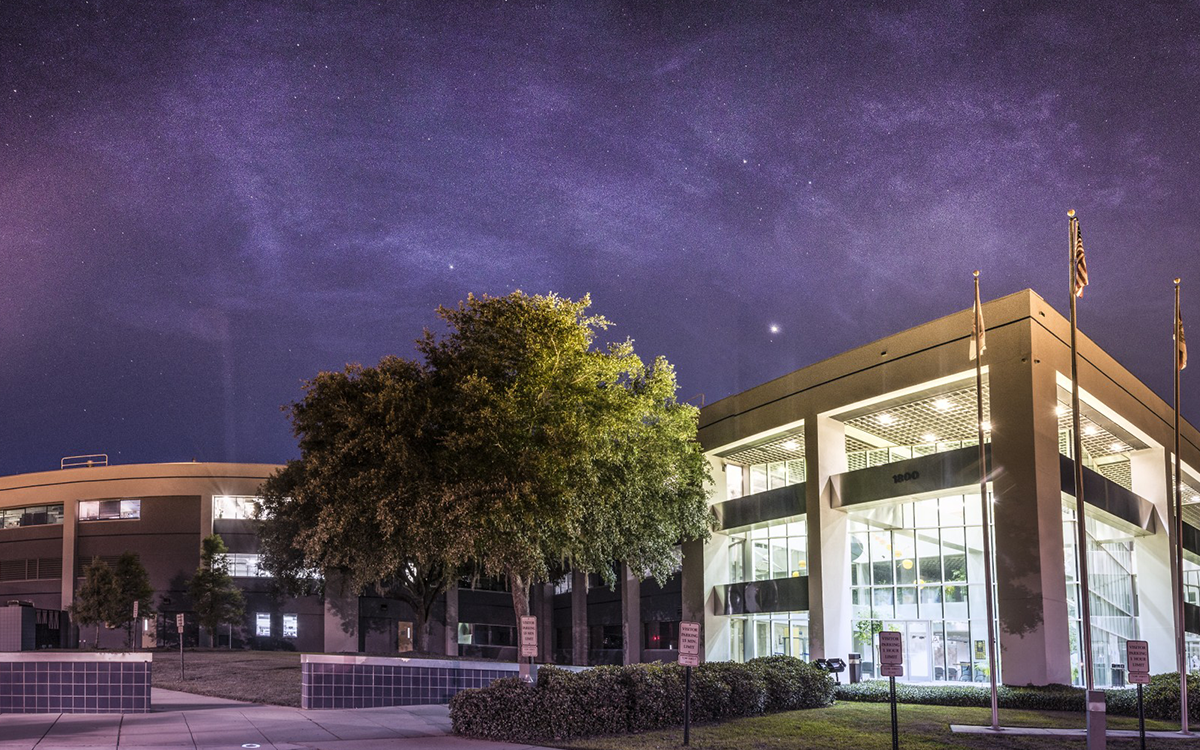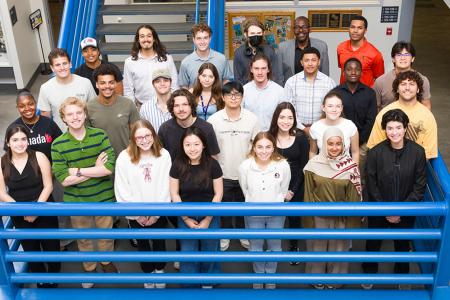
Research
We capitalize on the fundamental strengths of chemical engineering and biomedical engineering to make innovative and creative advances that address pressing societal problems in human health, environment and industry.

Graduate
Advanced degrees from the Department of Chemical and Biomedical Engineering prepare students for high-level jobs in industry, research and higher education (faculty).

Undergraduate
The Department of Chemical and Biomedical Engineering offers Bachelor of Science (B.S.) undergraduate degrees and a choice of three majors within the program.
New research led by Ayyalusamy Ramamoorthy, a professor at the FAMU-FSU College of Engineering and the Florida State University-headquartered National High Magnetic Field Laboratory, shows how zinc, pH levels and insulin work together to inhibit the buildup of protein clumps that contribute to Type 2 diabetes.





The largest and highest-powered magnet lab in the world, the National MagLab hosts more than a thousand visiting scientists a year. Researchers use the facility for free, advancing understanding of materials and new technology, energy, health, the environment and even the universe.

CBE News
CBE Events
Discover cutting-edge facilities, world-class faculty and a vibrant community dedicated to pushing the boundaries of technology and engineering.

